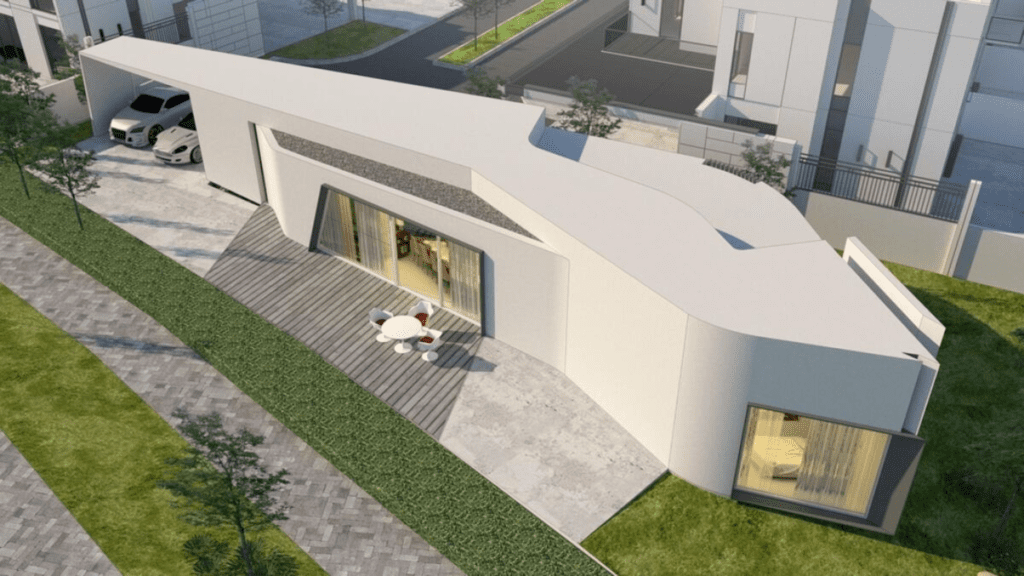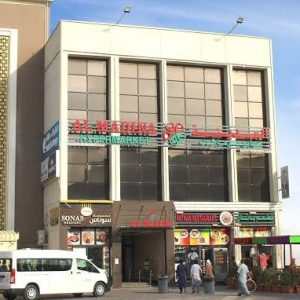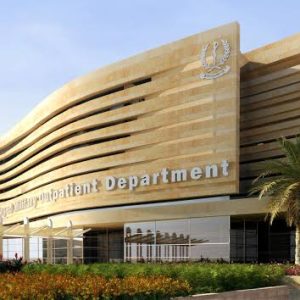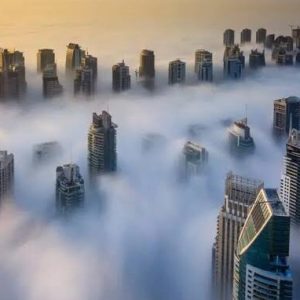In a bid to revolutionize the construction industry, Dubai companies are gearing up for the launch of 3D printed homes projects, with a target start date set for 2025. The ambitious initiative aligns with Dubai’s goal of having 25% of all new buildings 3D printed by 2030, signaling a significant shift in construction practices.
3DXB, renowned for constructing the world’s largest 3D-printed villa in Dubai, and US-based AC3D, which recently established operations in Dubai, are at the forefront of this groundbreaking endeavor. Negotiations are underway with contractors and developers to integrate this cost-efficient technology into upcoming projects, paving the way for a more sustainable and innovative future in construction.
Despite initial reluctance within the construction sector to embrace new technologies, 3D printing offers a promising solution for faster and more economical home construction. By leveraging 3D printing technology, Dubai aims to not only meet its ambitious building targets but also address global housing challenges and provide rapid-build solutions for disaster-affected areas.
Boris Kozlov, founder and CEO of AC3D, emphasizes the broader potential of 3D printing beyond the UAE, highlighting its ability to contribute to global housing needs while reducing environmental impact. With concrete production being a major contributor to CO2 emissions worldwide, the adoption of 3D printing presents a sustainable alternative that aligns with environmental goals.
The successful completion of structures by both 3DXB and AC3D marks a significant milestone in the journey towards mainstream adoption of 3D-printed buildings. These companies are currently in a proof-of-concept phase, showcasing the benefits of 3D printing to developers and stakeholders in the construction industry.
3D-printed buildings offer several advantages, including faster construction times and lower costs compared to traditional methods. For instance, 3DXB’s recent villa project took 180 hours to print, with total construction time spanning six months. However, advancements in technology hold the promise of further reducing construction timelines and costs.
Furthermore, the adoption of sustainable materials such as geopolymer by AC3D underscores the industry’s commitment to environmentally friendly practices. Geopolymer offers fire resistance and strength comparable to conventional materials while significantly reducing environmental impact, contributing to a greener construction industry.
Regulatory support for 3D printing in construction is also gaining momentum, with Dubai authorities issuing licenses for such projects. This regulatory backing, coupled with ongoing advancements in technology, is expected to drive the widespread adoption of 3D printing in construction, leading to improved productivity, safety, and efficiency.
Although 3D construction printing is still in its early stages, the future looks promising for this innovative technology. With projected market growth and increasing interest from developers, 3D-printed homes could soon become a common sight in Dubai and beyond, reshaping the landscape of the construction industry for years to come.










